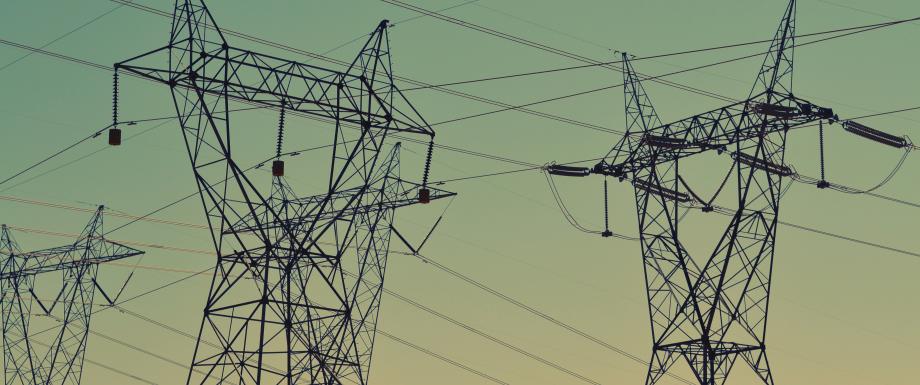
Chamber’s Proposal: Exempt Electricity Consumers from Frequency Reserve Fees in 2025
The Chamber proposed to the Ministry of Climate that electricity consumers and producers be exempt from frequency reserve fees in 2025, with the costs of frequency reserve procurement by Elering covered instead by congestion charges. Lithuania will use this approach, and Latvia is reportedly considering the same.
Estonia, Latvia, and Lithuania will disconnect from the Russian electricity system in February 2025 and join the Continental European grid and frequency area. As a result, Elering will need to procure frequency reserves from the market, with annual costs estimated to reach €60 million. Currently, both electricity consumers and producers are expected to bear the costs of frequency reserve procurement.
Proposed 2025 Exemption
The Chamber suggested that in 2025, Elering cover the frequency reserve procurement costs through congestion revenue, temporarily exempting consumers and producers from the frequency reserve fee. However, starting in 2026, both groups should resume paying this fee.
The exemption for 2025 is necessary for two main reasons:
- Ensuring Uniformity Across the Baltics: A single solution across the Baltic region is needed to ensure fair treatment of electricity consumers and producers. Since Lithuania plans not to collect the frequency reserve fee from consumers or producers in 2025, and Latvia is considering a similar approach, exempting fees in Estonia is essential to maintain fair market conditions and competition.
- Alignment with 2026 Harmonized Cost-Sharing Approach: The Baltic states are expected to adopt a unified approach to frequency reserve cost allocation by 2026. Introducing an interim cost-sharing model in Estonia for just one year would be inefficient if a harmonized approach is planned for 2026.
Competitiveness Concerns Without the Exemption
If Estonian electricity consumers and producers are required to cover frequency reserve costs in 2025 while Latvia and Lithuania do not impose similar fees, electricity prices would rise for Estonian consumers, reducing their competitiveness. This impact would be especially significant for large electricity users, potentially weakening Estonia’s overall economic competitiveness compared to its Baltic neighbors.
Ministry of Climate’s Partial Support for the Proposal
On October 16, the Ministry of Climate recommended that Elering develop a mitigation measure to cover all consumer and producer frequency reserve costs from congestion revenue between February 1 and June 30, 2025. The ministry further suggested that Elering, in cooperation with Latvian and Lithuanian grid operators, work toward a unified approach to frequency reserve cost-sharing. If no harmonized method with Latvia is implemented by July 1, 2025, the ministry advises extending the mitigation measure and continuing to cover the reserve costs through congestion revenue until a unified approach with Latvia is in place.


